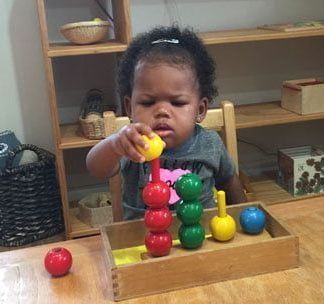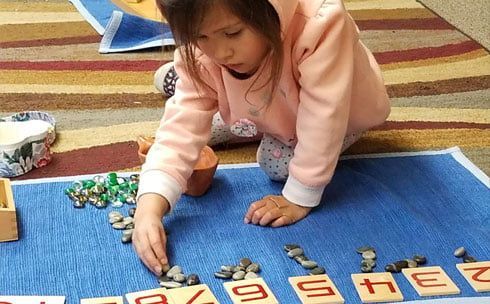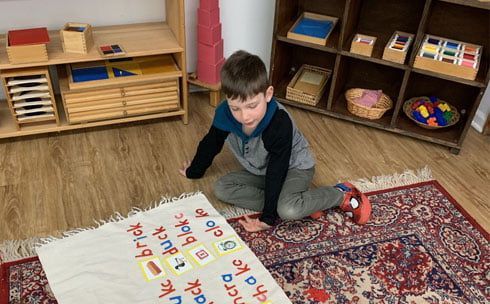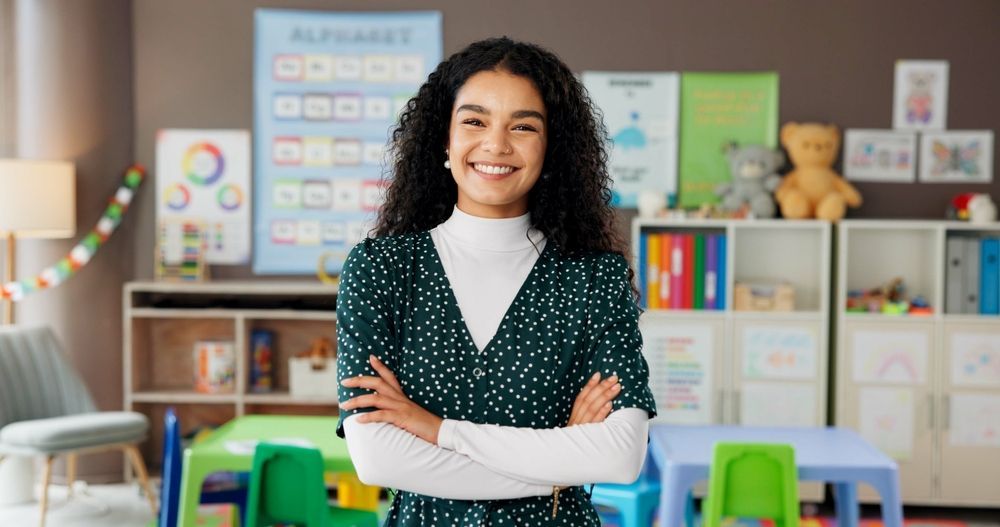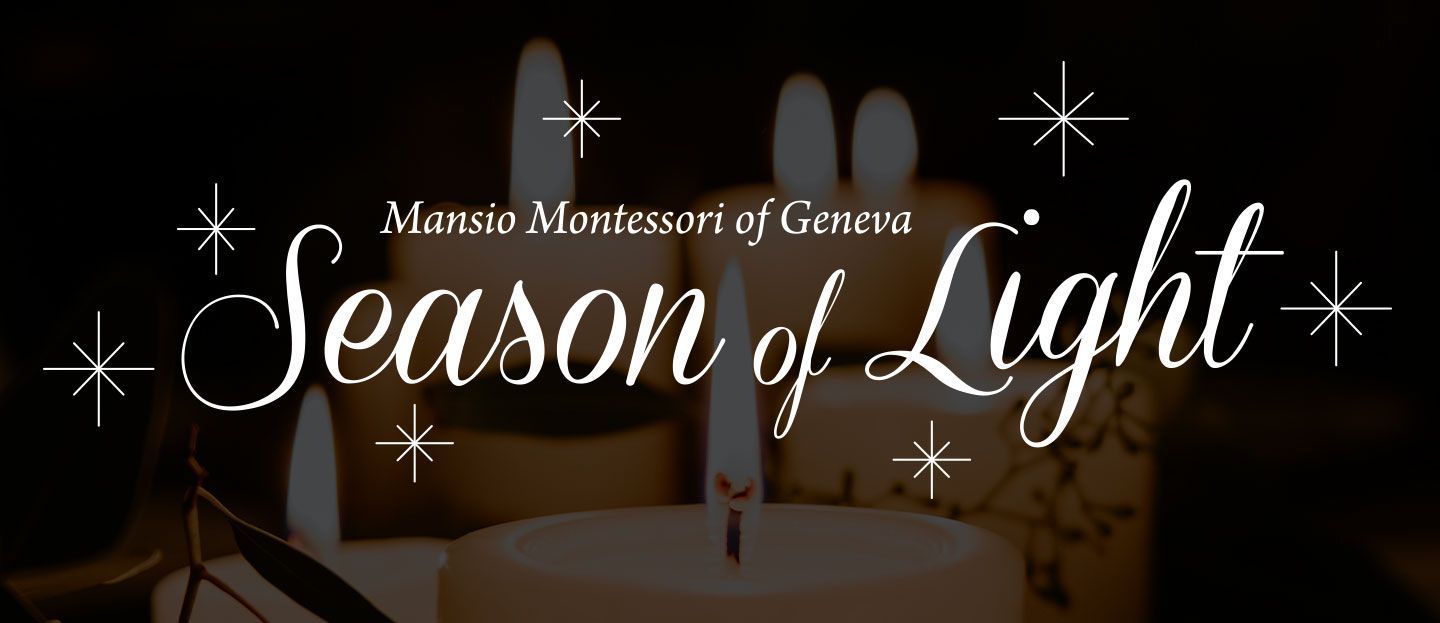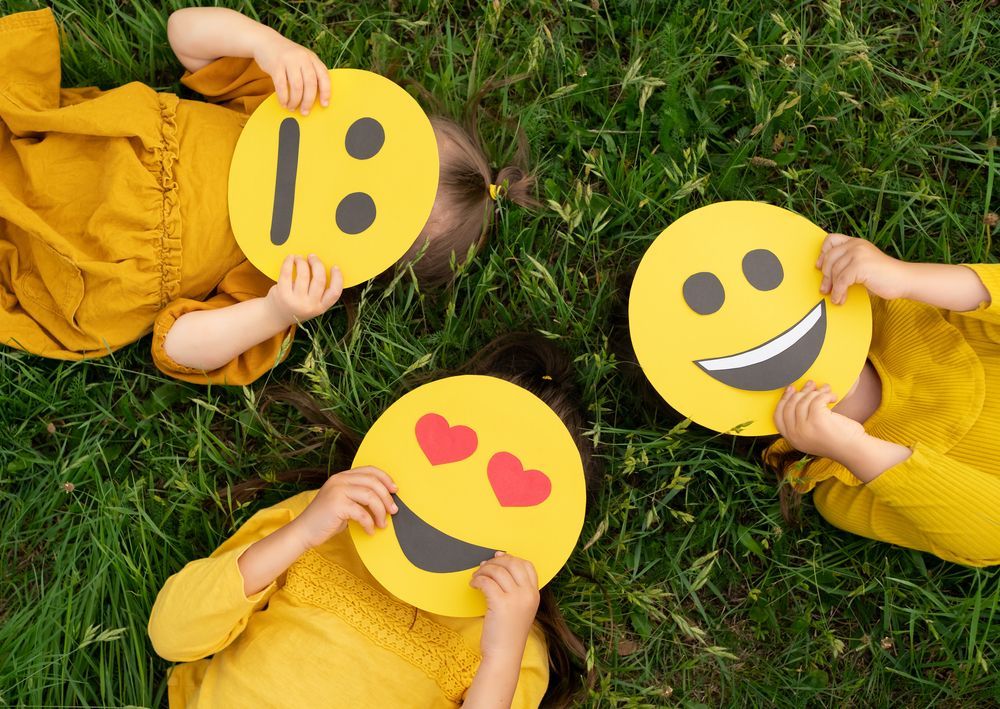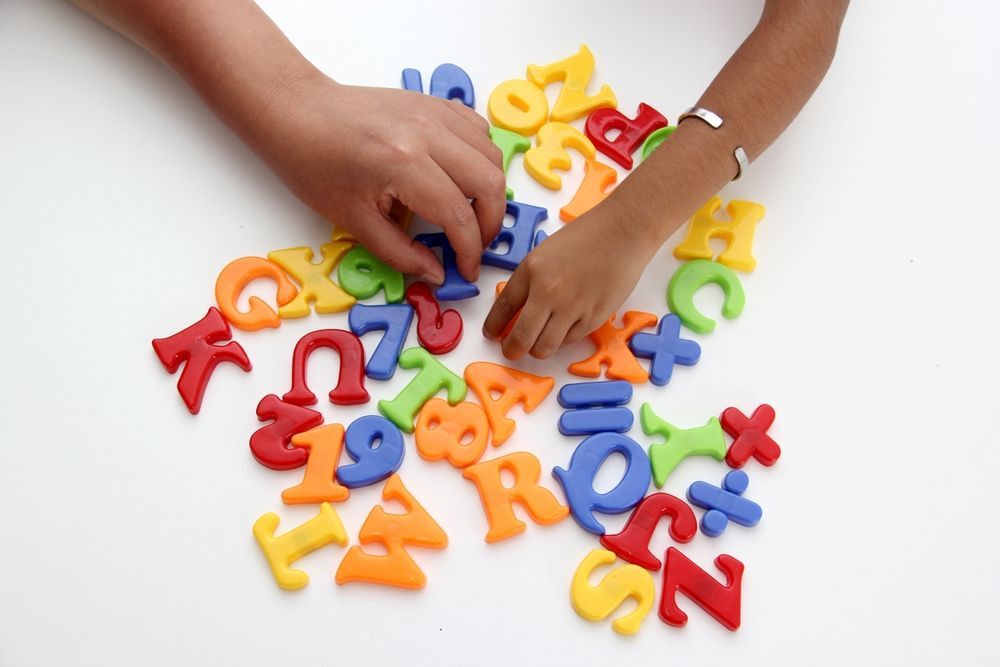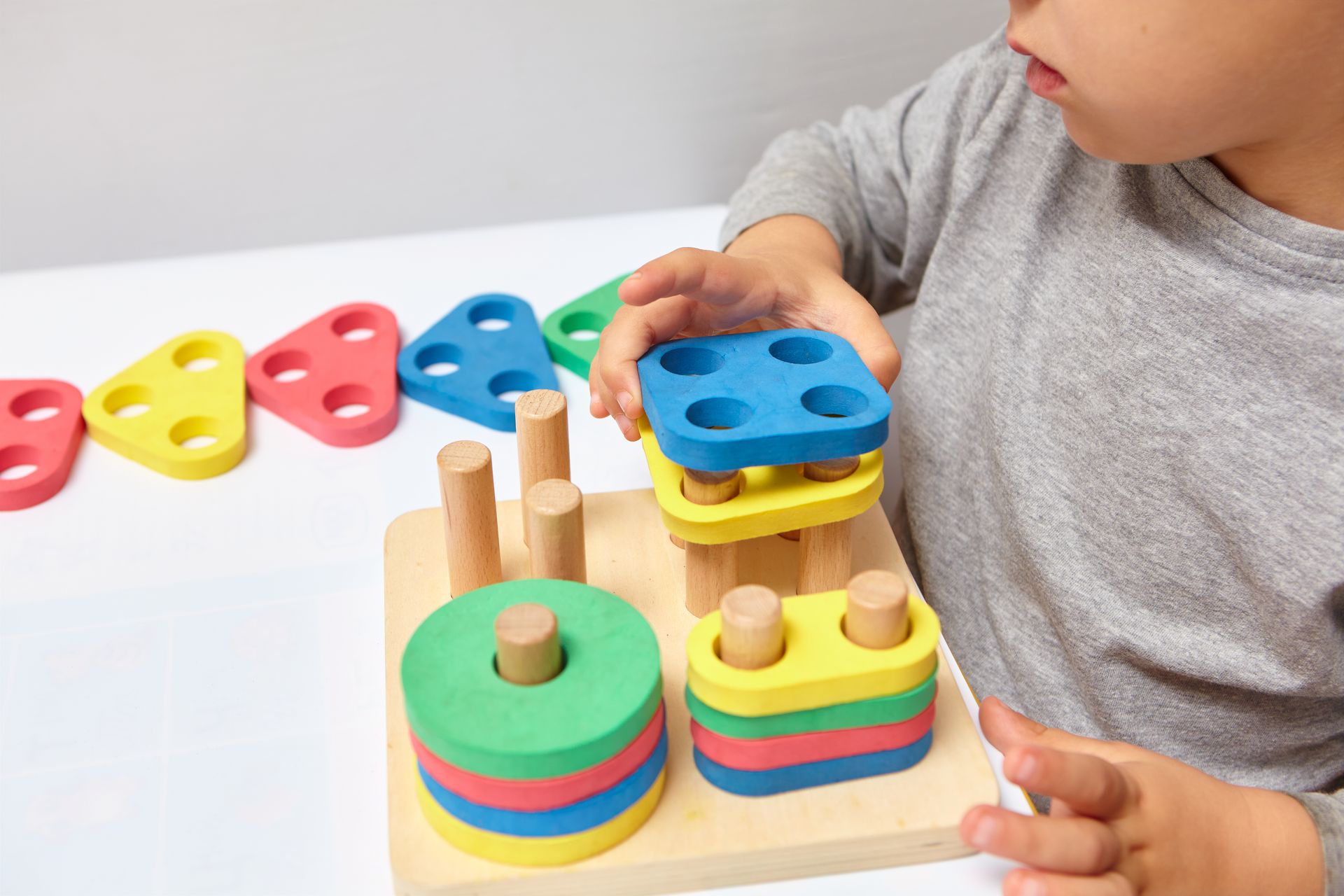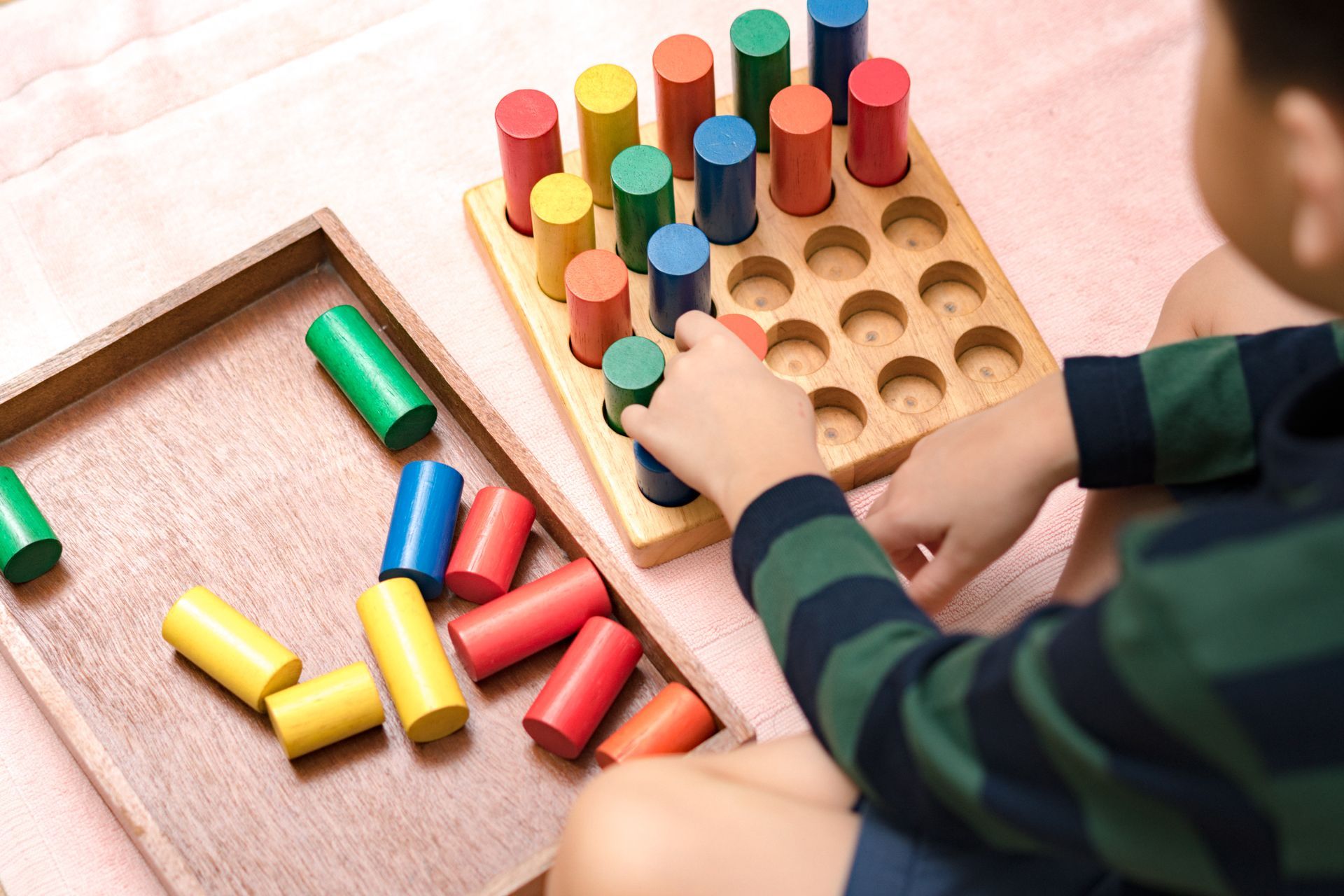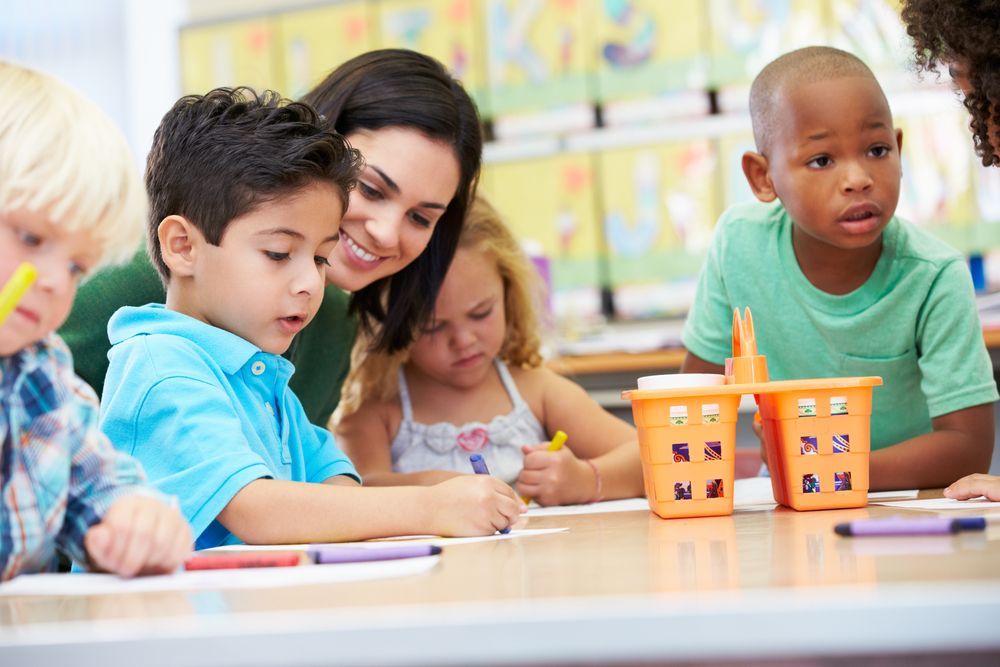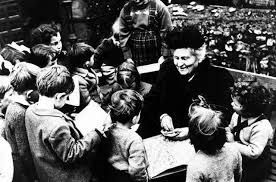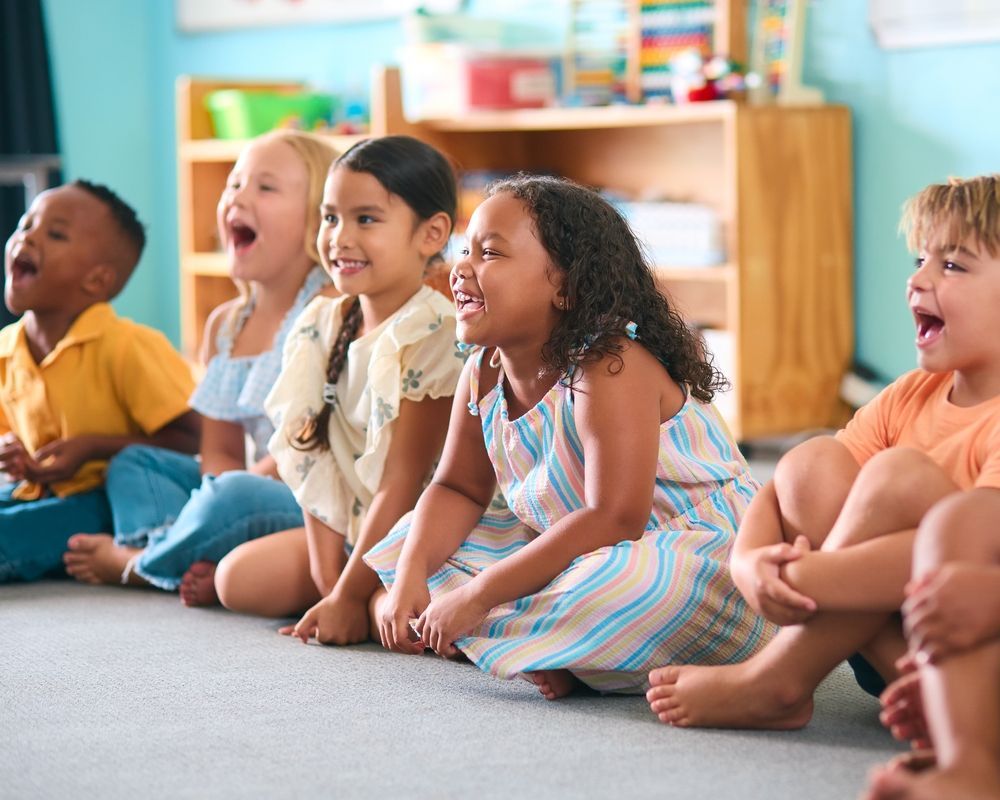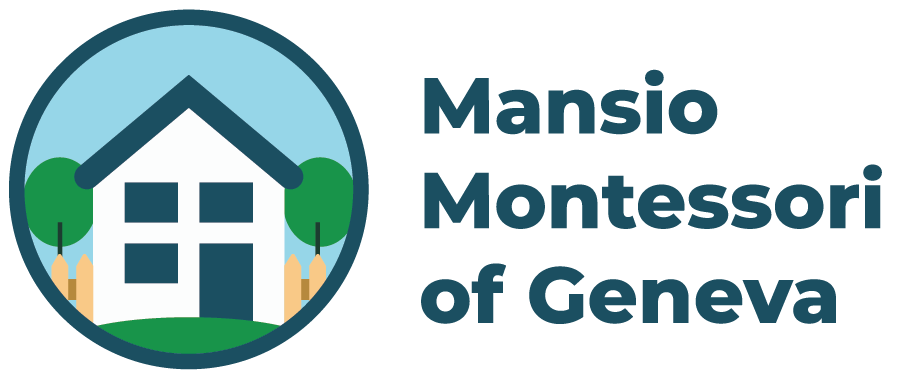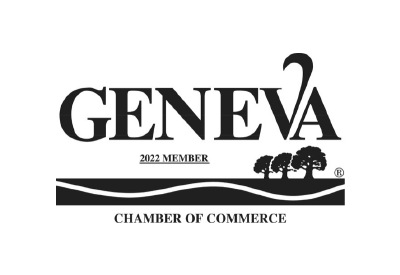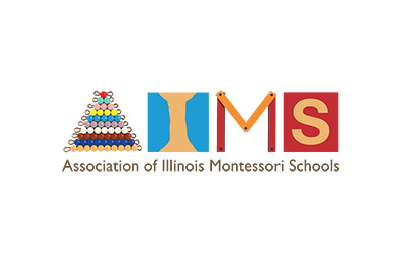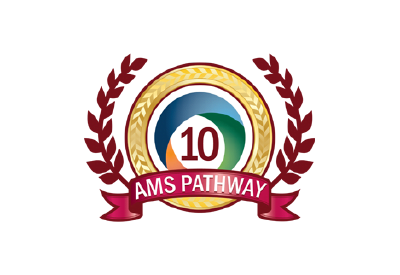Understanding the Montessori Philosophy: A Complete Overview
Share this Article:
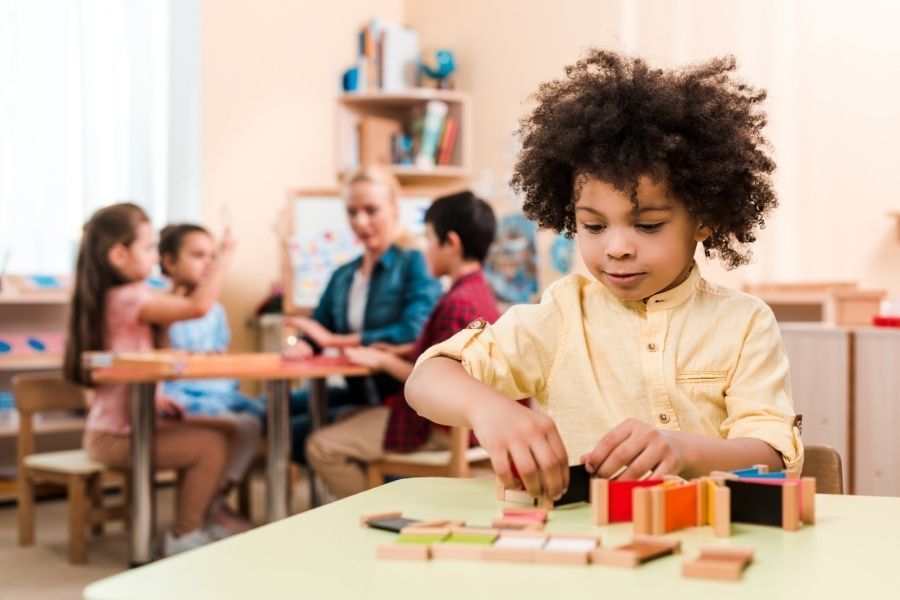
In a rapidly changing world, it’s crucial for people to develop critical thinking skills and gain experience in independent thinking. It’s best to instill these values at an early age, so that children can be better prepared for their future.
Parents who want only the best for their children are often attracted by institutions that follow the Montessori philosophy. As an inquisitive person, you may have heard of Montessori education but do not have much experience or awareness of what’s involved.
Parents prize the overall value of Montessori education because it guides children to lead their own development and become independent thinkers.
What follows is an overview of Montessori education and how it differs from traditional education. You’ll also learn about the benefits of this method for schooling toddle and will appreciate the overall value of working within a Montessori educational program.
History of Montessori Education
The Montessori approach to education has its roots with Maria Montessori, who had a dream to go into the field of medicine. But this was a career path that was designed for men, and she experienced enormous pressure from other students, who treated her poorly at the university.
Montessori was getting ready to abandon her dreams of a career in medicine when she spotted an impoverished kid on the roadside who was playing with something red. As the child played and interacted with the red item, Montessori grew increasingly intrigued.
The event had two effects. First, she was motivated to continue her coursework in medicine.
And second, she later decided to help other children who had been cut off from pursuing an education simply because the government had determined they were not able to learn. Rather than turning her back on these kids, she came up with a method of learning now known as Montessori education.
Maria Montessori opened her first educational center in 1907 in Rome, Italy. She opened the doors to children aged 2-6. The space was beautiful and made in accordance with the Montessori philosophy, which maintains the idea that the most crucial time in a person’s life (in terms of education) isn’t during university studies as a young adult, but spans the years from birth to age 6. That’s when we start to form our intelligence and how we engage with the world.
Scope of Montessori Education
Montessori education is predicated on the idea that children are innate learners. It’s our duty to allow them to follow their natural curiosity and support each child’s desire and love to learn.
They want to participate fully in the world, so the Montessori philosophy calls for us to create a “prepared environment” that allows kids to flourish and grow to become full-fledged independent thinkers who can figure out how to solve problems by themselves, rather than taking in received wisdom or parroting back rote lessons, which is a common feature of traditional schools.
Instead, with a Montessori program, children are encouraged to learn at their own pace. They don’t focus on just memorizing facts. The idea is to promote invention and critical thinking to analyze situations. This is key for helping a child become an inspired, lifelong learner with the mental tools to better understand the world.
That’s a far cry from traditional academic approaches where rote learning and constant test-taking to adhere to centralized standards is emphasized over thinking for yourself and learning at your own pace, in a natural way that’s suited to a child’s burgeoning curiosity about the world.
Is Montessori Philosophy Good for Toddlers?
You’ll be glad to know that yes, Montessori is good for toddlers. Instead of putting your young one in a conventional daycare setting, where there is only going to be rote learning, you can help your child expand his or her mind by entering into a school that follows the Montessori philosophy. Benefits of Montessori schooling for toddlers include:
- It’s a learning-focused environment where toddlers have plenty of fun while under the watchful care of educational professionals. They have opportunities to socialize as they learn.
- Montessori is an ideal way to prepare young kids for a transition to kindergarten. Instead of putting your child into a more structured educational framework immediately at age 5 or 6 with traditional kindergarten, the active learning they participate in during Montessori school will make the transition to kindergarten go much more smoothly.
- Toddlers benefit because of the movement curriculum in Montessori, which helps them develop improved coordination, become more dexterous. They wind up with better control over their body’s movements.
- With the nurturing and creative problem-solving environment fostered in a Montessori program, toddlers become attuned to the smallest details in their environment as they pick up, play with and analyze even the smallest of items.
- The routine, predictable environment encourages toddlers to see how one thing causes another to happen, such as how a seesaw changes position when two children play on it. Toddlers begin understanding the connections between their environment and their peers.
- Your toddler will experience a rapid increase in vocabulary, apprehend the basics of grammar structures and become adept over time in constructing complicated and nuanced sentences before you know it.
Is Montessori Education Worth It?
It’s difficult to put a monetary price on something like a solid educational background. An outstanding education is truly priceless. You can think of it in this way: If you are willing to devote financial resources to a private tutor or an educational facility for your children through the age of 6, it makes sense to allow them to flourish in an environment that will amplify their curiosity and encourage them to think for themselves.
Under such a scenario, they will learn to solve problems as they encounter them, instead of having to read about the issues in a book and apply received knowledge to what happens in their life.
Reinforcing Your Child's Love of Learning
The team of educational professionals at Mansio Montessori of Geneva are devoted to providing an enriching, stimulating environment for each child that comes through our doors. We’ve been educating children for 40 years, and our faculty has a combined total of 170 years of teaching experience. Parents in the local area are pleased to see that we rank 1 out of 25 schools in Illinois holding AMS accreditation. As a proud parent who wants only the best for your offspring, it’s a good idea to check out details about the early childhood programs we provide. To learn more about our approach to Montessori learning, please connect with us today.
